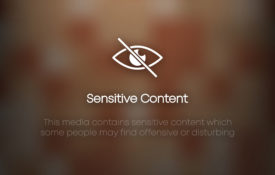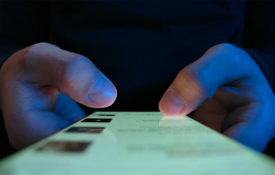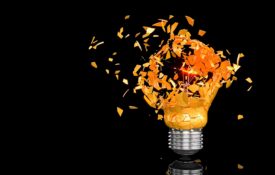-

Crowding Out Falsehoods
Psychological scientists are harnessing the biases and expertise of imperfect individuals to enhance the wisdom of crowds.
-

Caution: Content Warnings Do Not Reduce Distress, Study Shows
Advocates for the use of trigger warnings suggest that they can help people avoid or emotionally prepare people for encountering content related to a past trauma. But research indicates the warnings only heighten anticipatory anxiety.
-

Repeated Exposure to News Headlines Makes Behavior Seem Less Unethical
From frequent smartphone notifications to repetitious TV news programs, we often experience repeated exposure to various news headlines as we go about our daily lives. When the news provides stories of wrongdoing, that repeated exposure may influence our own sense of morality, making those narratives seem more true and less unethical.
-

“The Tribe Has Spoken”: Race and Gender Bias Influence Voting Outcomes in Reality TV Show
Women and BIPOC players in the reality TV show Survivor may be less likely to win due to sexual and racial biases that arise when it comes to voting.
-

Myth: The Lightbulb Moment, Innovation’s Most Misleading Meme
Edward Wasserman explores the origin of the famous “lightbulb moment,” how the popular cliché originated, and what can be learned from it.
-

Communicating Psychological Science: Why You Should Write an Op-Ed—and How to Start
Widely published researchers Lara B. Aknin and Elizabeth W. Dunn provide their insights and advice regarding writing and submitting op-eds to the media.

